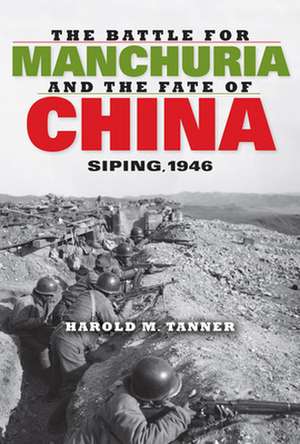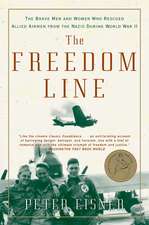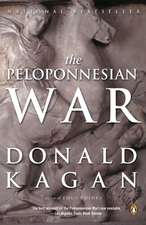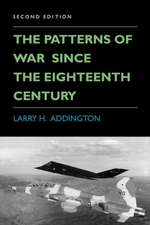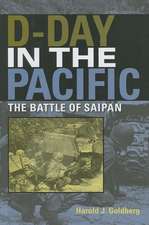The Battle for Manchuria and the Fate of China – Siping, 1946
Autor Harold M. Tanneren Limba Engleză Hardback – 17 mar 2013
Preț: 247.75 lei
Nou
Puncte Express: 372
Preț estimativ în valută:
47.41€ • 49.12$ • 39.57£
47.41€ • 49.12$ • 39.57£
Carte disponibilă
Livrare economică 28 februarie-14 martie
Preluare comenzi: 021 569.72.76
Specificații
ISBN-13: 9780253007230
ISBN-10: 0253007232
Pagini: 288
Ilustrații: 10 b&w illustrations, 5 maps
Dimensiuni: 241 x 315 x 22 mm
Greutate: 0.54 kg
Editura: MH – Indiana University Press
ISBN-10: 0253007232
Pagini: 288
Ilustrații: 10 b&w illustrations, 5 maps
Dimensiuni: 241 x 315 x 22 mm
Greutate: 0.54 kg
Editura: MH – Indiana University Press
Cuprins
Acknowledgments; A Note on Chinese Names1. Siping, 1946: Decisive Battle or Lost Opportunity?; 2. The Manchurian Chessboard, August-September 1945; 3. The Communist Retreat, October-December 1945; 4. George Marshall's Mission, December 1945-March 1946; 5. The Second Battle of Siping: Phase One--From Outer Defense to Stalemate, March-April 1946; 6. The Second Battle of Siping: Phase Two--From Defense to Retreat, April-May 1946; 7. The Chase and the Cease-Fire, May-June 1946; 8. Visions of the Past and FutureBibliography; Index
Recenzii
"A genuine addition to our knowledge about this battle and the Chinese civil war in general." Mark Wilkinson, Virginia Military Institute
Descriere
Casts light on how the outcome of the battle has been interpreted to suit the needs of competing visions of China's past and future
